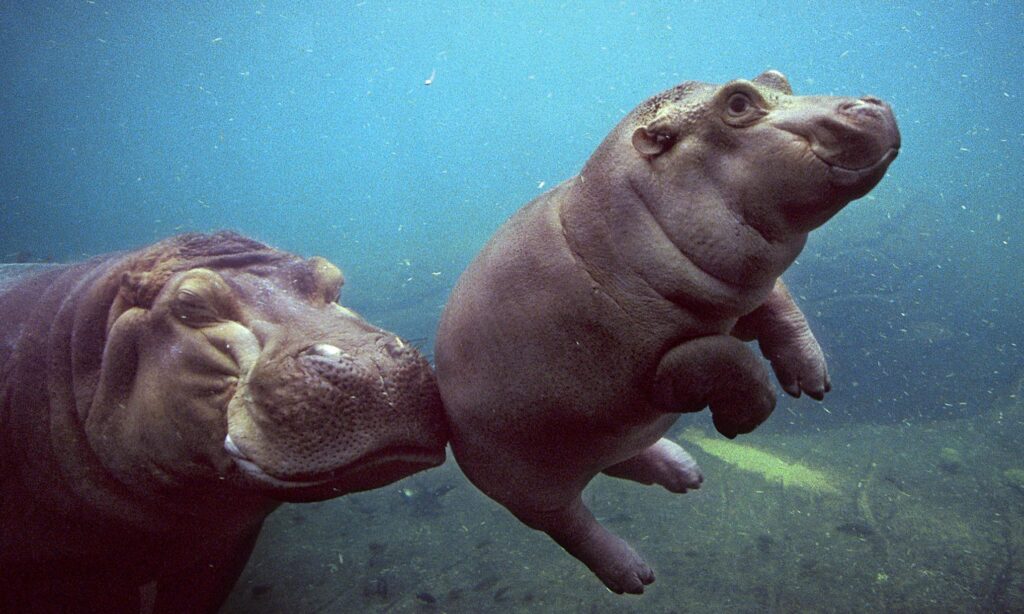Many have pointed out that the word to manage comes from the Italian maneggiare, and originally refers to the training of horses and riders in the arena, or manege. The classical metaphorical use is this: the rider is the king, or governor, the horse is the people, and both learn. On a slightly different note, the image reminds me of a situation when we brought our daughter to a public horse training session at the Circus. The trainer had a microphone, and commented on his moves. The horses were in a queue, and he invited one after the other to do a trick, and then join the end of the queue again. Not every horse did the same trick, though. For each horse, the trainer chose the one level which was the next possible step, the mental barrier the horse had to work at, and overcome. Whether the horse succeeded or not, it inevitably joined the back of the queue again. For each horse, the trainer chose a rhythm between attempts and little corrections. If a horse failed, it got an easier trick next turn round, to regain self-esteem. Keeping an eye on that balance of self-esteem as a condition for competence, was key to the trainer’s success. What was important – and here’s the nudging in the story – is that the horses were able so see each other. On the one hand, they were stimulated by watching the others. There was a certain competitiveness, although it was very important to accept that the degree of competitiveness was different with each horse, and there was no point in trying to coerce an uninterested horse into becoming more competitive, e.g. by some kind of carrot-and-stick method. On the other hand, by witnessing their fellow’s exploits, the horses learnt from each other.
What I like about this analogy is the notion of the next possible step, and the intricate conditioning of the individual succession of tricks, and the group, that created a progress of performance. These lessons remain useful even if you take away the superiority of the trainer in terms of knowledge and purpose orientation, and replace the figure by an agent in the system, who can sometimes modulate the architecture, and otherwise influence with intent.
This insight has become one of the most important principles of my activity as a coach and consultant. Think of organisational culture, team dynamics, but also individual things like how much push back a person is ready to accept, or how much parental guidance a teenager takes in. It is one thing to identify what would be good for the system in focus. But the more important question is: What is the next possible step the system is actually capable of going? And in many cases, the second point covers less than 5% of the first. But what is the point of going beyond and failing?
The key is to be as close to the limit as possible. And since we cannot know where this limit is unless we hit it, we have to experiment. Any experiment that falls within the limit is not an experiment, but a measure that works. But from time to time, an experiment will overstep the limit, and fail. In the mind of the horse, that creates frustration, and the trainer has to go two levels lower next time. In the mind of people, the memory can stay on longer: there is a stronger path dependency in the system. If our experiments fail too often, whatever we do next, people will say: “Oh no, not another experiment!” Think of a politician in an executive role. She may try many important, but unpopular decisions such as reforming the health or pensions system. There will always be resistance. Sometimes, she has to step back, and withdraw her proposal – a sign of where the limit is. The more withdrawals, the more the opposition understands that resistance pays off, and increase resistance each time. If the politician withdraws too many times, or oversteps the line too far, it will be the reason she won’t get re-elected, and the end of her career. This is the essence of wicked problems: we only have one shot – if we miss, our problem changes, and usually becomes more difficult.





